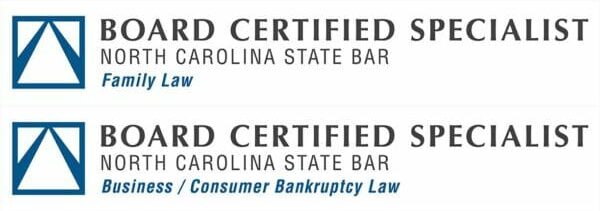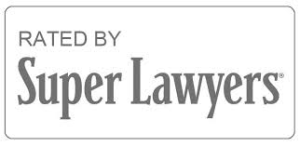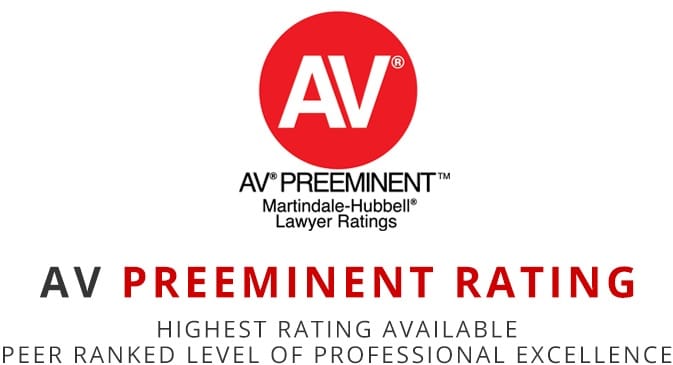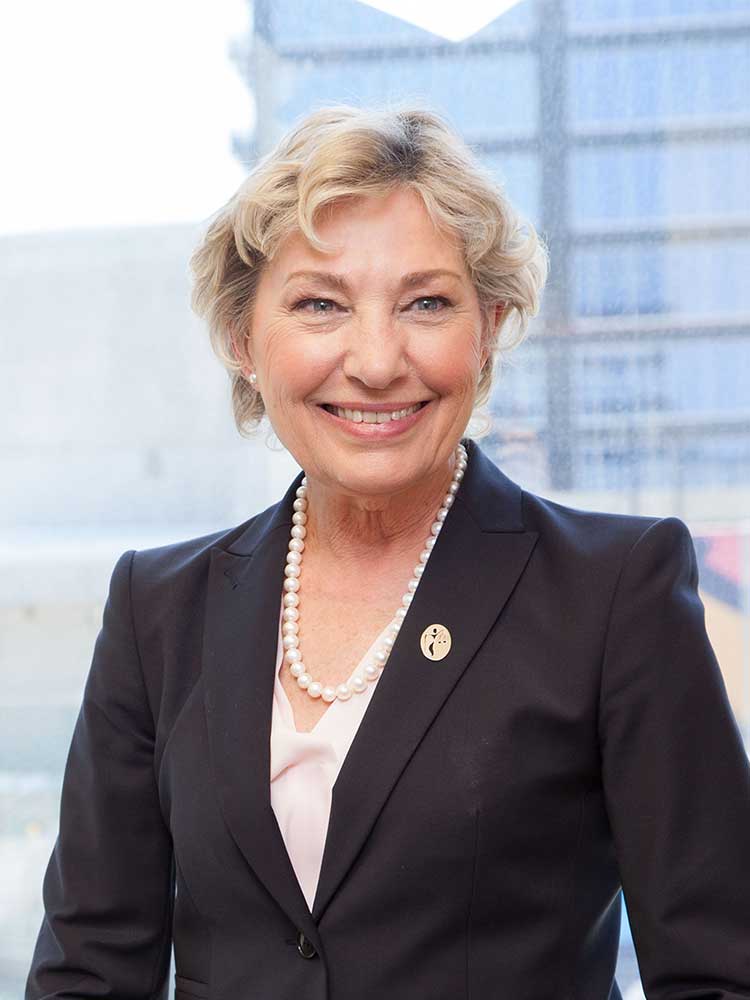Private Placement Adoptions
The adoption process can be exciting, but it is also an emotional, and therefore highly stressful, process. Our firm’s adoption attorney, Michele Smith, helps clients navigate the state laws and regulations, as well as any federal requirements, that govern adoptions. With more than twenty years’ experience representing adoptive parents, birth parents and agencies throughout the adoption process, Michele is highly trained and experienced in the complex area of adoption law. She has worked with our firm’s clients to facilitate various forms of adoption, including:
- Agency Adoptions
- Inter-agency Adoptions
- Private Placement Adoptions
- Interstate Adoptions
- Domestic Re-adoptions
- International Adoptions
- Step-parent Adoptions
- Adult Adoptions
- Relative Adoptions
Many adoptions in North Carolina are arranged without an adoption agency directly involved in the placement. These are known as Private Placement Adoptions or Independent Adoptions. While this method may be coordinated by friends, relatives or unpaid intermediaries, it is important for the birth parents and adoptive parents to each engage an attorney who is experienced with the highly technical and regulated adoption process.
Private Placement Adoptions involve one or both birth parents making a plan to place the child directly with the adoptive parents for adoption. Private Placement Adoptions are "open" adoptions, which means that the placing birth parents and the adoptive parents are entitled to know each other's identities and to receive identifying information about each other. The placing birth parents must receive a copy of the adoptive parents' Home Study, which is also called a Pre-Placement Assessment. Likewise, the adoptive parents are entitled to receive a copy of the birth parents' health history and background information forms. This is very different from agency adoptions, which are "closed," meaning that the adoptive parents and birth parents are not entitled to know each other's identities unless they execute a document allowing the disclosure of identifying information.

Adoption Attorney Services

Some advantages of Private Placement Adoptions over agency adoptions include:
- Typically, the wait time to locate a child and make an adoption plan in a private adoption is shorter
- Adoptive parents frequently receive more health and background information regarding the child's birth parents and extended family members
- With newborns, adoptive parents typically take custody of the child at the hospital, allowing for more immediate bonding
- They provide both adoptive parents and birth parents with greater control over the adoption process
- They allow adoptive parents and birth parents to meet and maintain some level of mutually agreed-upon contact post-adoption
Some of the steps in Private Placement Adoptions include:
- The Home Study: In North Carolina, the home study is called a Pre-Placement Assessment and is sometimes referred to as a PPA. A Pre-Placement Assessment must be completed by an agency licensed by the State of North Carolina to provide preplacement and post-placement adoption services. In preparing a Pre-Placement Assessment, the agency will investigate the prospective parent’s home, education, employment, health, financial situation, family status, background and other relevant factors. The birth mother and father are entitled to receive a copy of the adoptive family's Pre-Placement Assessment and may revoke any previously executed consent to adoption within five business days following receipt of the Pre-Placement Assessment. For this reason, it is advisable for an adoptive family to have a Pre-Placement Assessment completed before the child is born.
- Consent: In a Private Placement Adoption, the placing parent or guardian must make a voluntary decision to place the child for adoption. In North Carolina, a birth father can give such consent before the child is born, but the birth mother may not give her consent until after the child is born. Further, consent may be revoked within the seven-day period following the date on which it is given. The non-placing parent's rights must also be addressed. Depending on the situation, the non-placing parent's rights may be addressed by way of a consent, the termination of parental rights in a Juvenile Court proceeding or notice in the adoption action.
- Payment of Birth Expenses: Under North Carolina law, "reasonable and actual fees and expenses" may be paid by the adoptive parents, but no other payments are allowed to be made to the birth parents. Allowable expenses include the birth mother’s medical and hospital expenses, counseling fees for the birth mother related to her adoption decision, the birth mother's reasonable and actual living expenses during her pregnancy and for up to six weeks following the birth of the child, legal services for both the placing parent and the adoptive parents, and adoption-related court costs. The payment or promise of payment of all such expenses must be reported in the adoption action. It is crucial for adoptive parents to work with an attorney to be sure that all payments made or promised to be made fall within legal parameters.
Michele Smith can assist you to help determine the expected costs related to an adoption, to provide support and guidance in resolving issues that arise between birth parents and adoptive parents during the adoption process and to create a plan for post-adoption communication between birth parents and adoptive parents, if desired.
Call Michele Smith at 336-379-1390 today to discuss the services she can provide to you during the adoption process.
WE CAN HELP. GET STARTED HERE.
FIRM RECOGNITION


NC Super Lawyers

AV Preeminent Lawyers
